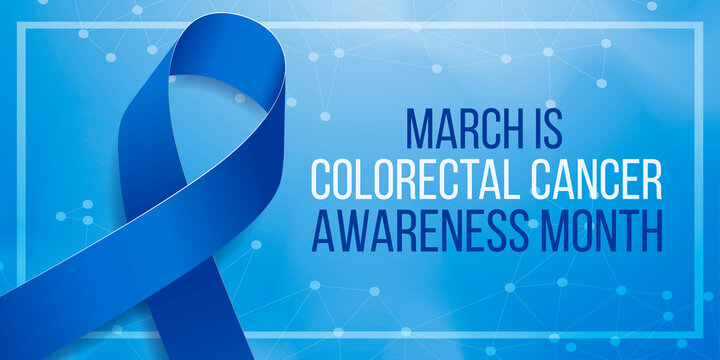
Colon and rectum are the lower part of the gastrointestinal tract. Colon cancer starts as a small polyp (nodular growth) in the wall of the gut that takes at least 10 to 15 years to convert into cancer. Not all polyps become cancers. According to the American Cancer Society, 1 in 23 men and 1 in 25 women will get colon cancer in their lifetime. Cancer starts in the colon due to abnormal changes (mutations) in DNA of colon cells. Normal and healthy cells replicate in an orderly fashion to maintain function, but when DNA is damaged, cells continue to grow in a random and uncontrolled manner as cancerous cells and invade other organs as well.
Some risk factors for developing colon cancer are increasing age, personal history of colon cancer/polyps, family history of colon cancer, low fiber/high fat diet, sedentary lifestyle, alcohol, smoking, obesity and some inherited syndromes (like Lynch syndrome & familial adenomatous polyposis) that increase risk of developing colon cancer.
Stages Of Colon Cancer
Colon wall is made of several layers. The innermost layer is called mucosa, The next layer is called submucosa and muscularis propria. After that there is subserosa, and then there’s serosa.
Stage 0 (Carcinoma in situ): There are abnormal cells growing in the inner wall of the colon.
Stage 1: Cancer has breached into the muscular wall of the gut, but it hasn’t spread to surrounding lymph nodes or organs.
Stage 2: Cancer has spread to the walls of colon and surrounding tissues but there is no involvement of lymph nodes.
Stage 3: Cancer has involved the draining lymph nodes.
Stage 4: Cancer has spread to distant organs like liver, lymph nodes, bones or brain.
In initial stages, there are no significant alarming signs in majority of the cases so it is important to get screened for colon cancer to detect it in early stages.
Symptoms Of Colon Cancer:
- Alternating bowel habits like constipation / diarrhea that do not go away
- Tenesmus (feeling of incomplete evacuation of bowels)
- Painless bleeding with stool
- Weight loss with no obvious reason
- Decrease in haemoglobin (due to bleeding in stool)
Do not ignore it if you have any of these symptoms. These symptoms do not necessarily indicate cancer and can happen in other diseases like hemorrhoids, diverticulosis, infectious gastroenteritis & irritable bowel syndrome as well. That is why it’s crucial to get checked and get appropriate treatment.
Early cancer can only be detected by screening since it doesn’t have symptoms most of the time. Although many lines of chemotherapy are available, along with immunotherapy as treatment options – chances of survival and life expectancy decrease with advanced stage cancer. Screening is the only way one can detect early cancers.

American cancer society guidelines for screening are categorised into average risk and high risk groups.
Screening For Average-Risk Individuals
- For people with good health and life expectancy of more than ten years, screening should continue till 75 years of age.
- For people with ages 76 to 85 years, screening depends upon personal choice, overall health, life expectancy and previous screening history.
- There should be no screening for people over 85 years of age.
- For screening, people are considered average risk if they do not have personal/family history of colon cancer, personal history of inflammatory bowel disease like ulcerative colitis/Crohn’s disease or personal history of getting radiation to tummy area for any type of cancer.
Screening Options
- High sensitive fecal immuno-chemical test every year.
- Highly sensitive guaiac based fecal occult blood test every year.
- Colonoscopy every 10 years.
- Flexible sigmoidoscopy every 5 years.
- CT colonography every 5 years.
There are some differences in these tests. No matter what test you choose, it’s important to get screened. If you choose to get screened with a test other than colonoscopy, then colonoscopy shall be done in case of abnormality of the test.
Screening For High Risk People
Start screening before 45 years of age, and get screened more often. Discuss with healthcare providers and get screened as per a doctor’s recommendation as there are no fixed guidelines about the frequency of getting tests done.
High risk people include those who have a strong family history of colon cancer, personal history of colon cancer/inflammatory bowel disease/Lynch syndrome/familial adenomatosis polyposis, or personal history of getting radiation to tummy for any type of cancer.








What do you think?
You must be logged in to post a comment.